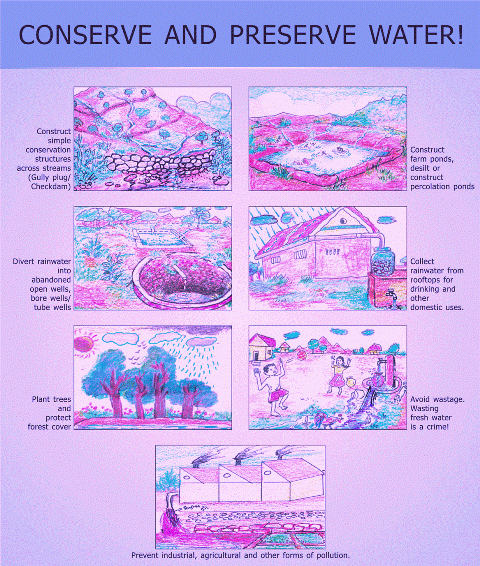India rejects report on human rights violations of tsunami survivors
Thu Feb 2, 5:40 AM ET
Source: http://news.yahoo.com
India has rejected a report alleging human rights violations of tsunami survivors and said the authors had arrived at their conclusions based on "generalised statements."
"I cannot respond until and unless I have specific examples in front of me," Ashim Khurana, Joint Secretary of India's National Disaster Management department, told AFP on Thursday.
"These (conclusions) are based on generalised statements," Khurana said. "One can respond only if they are illustrated by specific examples."
The report was released Wednesday by non-governmental organizations ActionAid International, the People's Movement for Human Rights Education and Habitat International Coalition.
The authors conducted research in India, Indonesia, the Maldives, Sri Lanka and Thailand, the countries worst hit by the December 2004 tsunami.
The report said many survivors had complained of lack of government protection against discrimination, land grabs and violence while the poorest, particularly women, were subjected to sexual abuses.
The study of more than 50,000 people in the five countries found that in many places, survivors had been driven from their land and denied food, clean water and a secure home.
It said compensation programs had ignored the needs of vulnerable groups including women, farm laborers and migrant workers.
"Widows and other single women have frequently been denied compensation which has ... been handed out to male members of the family," the report said.
It added that groups experiencing discrimination included Mokens (Sea Gypsies) in Thailand, Dalits (so-called untouchables) in India and war-displaced people in Sri Lanka.
P.V. Unnikrishnan, spokesman for ActionAid International India, said he stood by the report.
"This (report) is borne out of extensive research and in India providing shelter to the survivors is yet to be a reality. It is a human right," Unnikrishnan told AFP. "Discriminatory policies continue as fisherfolk do not have rights to their land.
"On the ground in village after village there is discrimination towards the lower caste. This has been true from the start, when emergency aid was provided. The Indian government must know it is not providing charity but fulfilling a human right," he said.
The tsunami on December 26, 2004 killed about 220,000 people in 11 Indian Ocean countries. More than 16,000 people died in India.






No comments:
Post a Comment